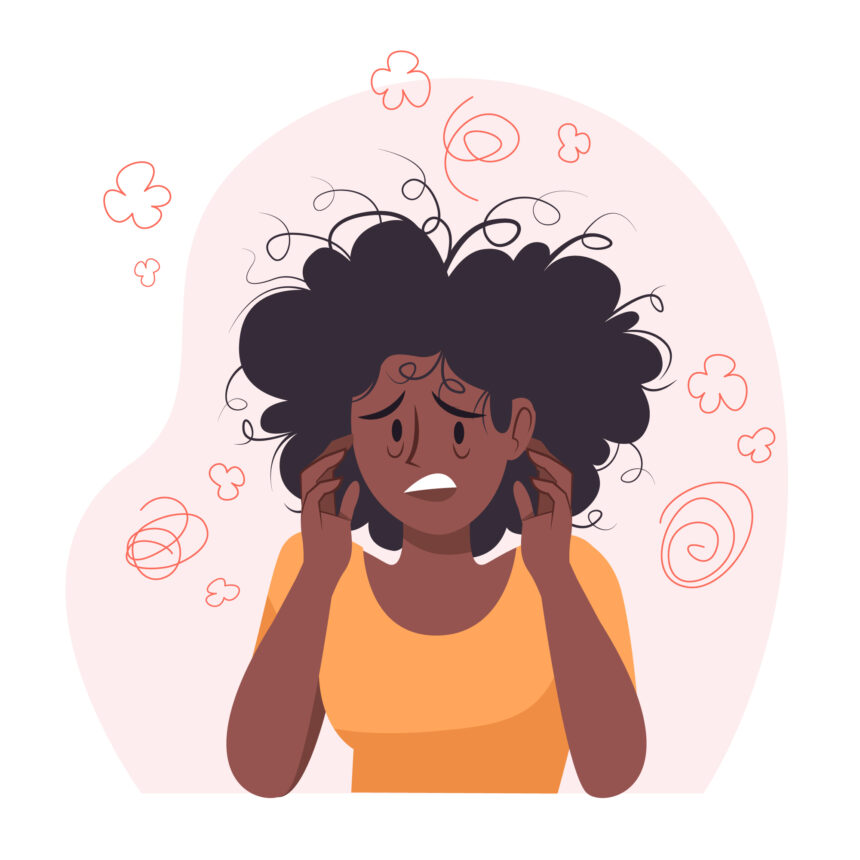Introduction: Anxiety disorders are a common mental health challenge affecting children and adolescents worldwide, and South Africa is no exception. It is crucial for young individuals to have access to helpful coping strategies tailored to their unique cultural context. In this guide, we will explore various techniques and resources specifically designed to assist South African children and adolescents in managing anxiety disorders effectively.
- Seek Professional Help: The first step in coping with anxiety disorders is to seek professional help. Encourage parents or guardians to consult a qualified mental health professional who specializes in child and adolescent therapy. South Africa has a growing number of psychologists, psychiatrists, and counselors who can provide appropriate diagnosis and treatment options.
- Establish a Supportive Environment: Creating a supportive and understanding environment at home and school is essential. Educate family members, teachers, and classmates about anxiety disorders to promote empathy and reduce stigma. Encourage open communication and provide opportunities for children and adolescents to express their feelings without judgment.
- Encourage Physical Activity: Engaging in regular physical activity is known to reduce anxiety levels. Encourage children and adolescents to participate in sports, dance, or any form of exercise that interests them. South Africa offers a variety of outdoor activities such as hiking, swimming, and team sports that can help reduce stress and promote overall well-being.
- Practice Relaxation Techniques: Teaching relaxation techniques can be highly beneficial for managing anxiety. Deep breathing exercises, progressive muscle relaxation, and guided imagery are effective methods for calming the mind and body. Consider introducing these techniques through workshops, apps, or online resources specifically designed for children and adolescents.
- Foster a Healthy Lifestyle: Maintaining a healthy lifestyle can significantly impact anxiety levels. Encourage children and adolescents to eat a balanced diet, get enough sleep, and limit the consumption of stimulants like caffeine and sugary drinks. South Africa’s rich cultural heritage offers a diverse range of nutritious foods, so emphasize the importance of incorporating local fruits, vegetables, and traditional dishes into their diet.
- Emphasize Time Management: Teach children and adolescents effective time management skills to reduce anxiety related to schoolwork, exams, and extracurricular activities. Encourage them to create schedules, prioritize tasks, and break them down into manageable chunks. This approach will help alleviate the pressure and instill a sense of control over their responsibilities.
- Engage in Creative Outlets: Art, music, and other creative outlets provide powerful tools for self-expression and stress reduction. Encourage children and adolescents to explore their interests and engage in activities like painting, writing, playing musical instruments, or dancing. South Africa has a rich artistic culture that can inspire and support their creative endeavors.
- Support Group Participation: Consider connecting children and adolescents with support groups or online communities where they can interact with others who share similar experiences. Sharing stories and coping strategies can provide a sense of belonging and foster resilience in managing anxiety disorders.
- Utilize Technology: Advancements in technology have made mental health resources more accessible than ever. Encourage the use of mental health apps, online therapy platforms, and educational websites that offer age-appropriate information, coping techniques, and support for anxiety disorders.
Conclusion: Anxiety disorders can be overwhelming for children and adolescents, but with the right support and coping strategies, they can lead fulfilling lives. By implementing the suggestions provided in this South African guide, parents, teachers, and mental health professionals can empower young individuals to manage their anxiety effectively and thrive in their personal and academic pursuits. Remember, each child is unique, and a tailored approach to their specific needs is crucial in their journey towards mental well-being.










